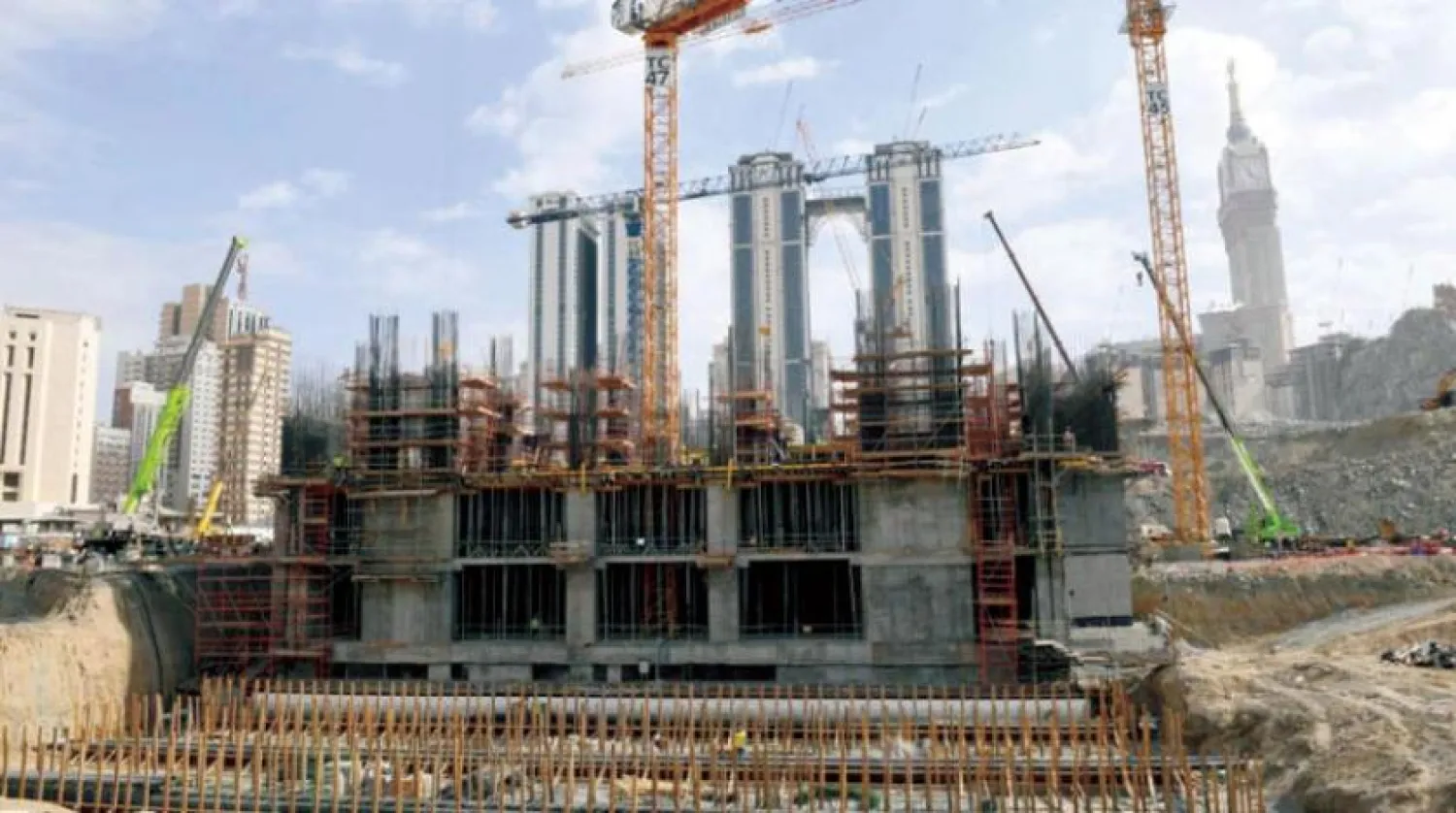With Saudi Arabia’s Shura Council having greenlit the contractor classification system, experts confirm to Asharq Al-Awsat that the new scheme will compel contractors to raise the degree of classification in the targeted sectors systematically.
According to specialists, this reduces the number of stumbling projects and aligns with the Kingdom’s aspirations.
The Minister of Municipal, Rural Affairs, and Housing Majed Al-Hogail said that the system is based on a balanced assessment that combines quantitative and qualitative criteria.
It enhances competition between contractors and gives new players with distinguished competencies more significant opportunities, added Al-Hogail.
Earlier, the Ministry of Municipal, Rural Affairs, and Housing had launched a point system for contractors to increase healthy competition and sustainability in the Kingdom’s construction sector.
The ministry also filled in the private sector on the point system linked to an e-platform.
As for the Shura Council approving the contractor classification system, the Chairman of Riyadh Contracting Committee Fahad Nasban said that the move reflects a great leap for boosting private sector quality production and performance.
Nasban pointed out that the new system will help raise the level of localization, employee wages, and the level of experience enjoyed by technicians, engineers, project managers, and marketers.
It will also enhance the quality of implemented projects, added Nasban.
The new system will also force contractors to adhere to specific conditions and fulfill several requirements before taking on quality implementation of projects, real estate expert Ibrahim al-Sahn told Asharq Al-Awsat.
High-quality implementation of projects, according to al-Sahn, is vital for realizing the national transformation plan, dubbed Vision 2030.
Al-Sahn maintained that government agencies carefully select contractors to implement their projects and pay attention to high-quality standards in cooperation with competent public authorities.









